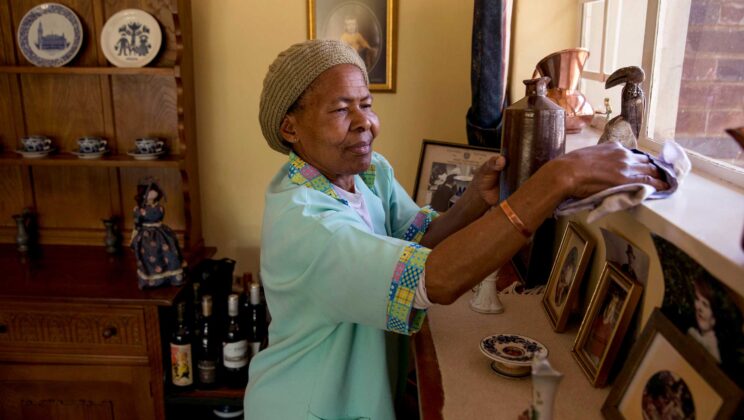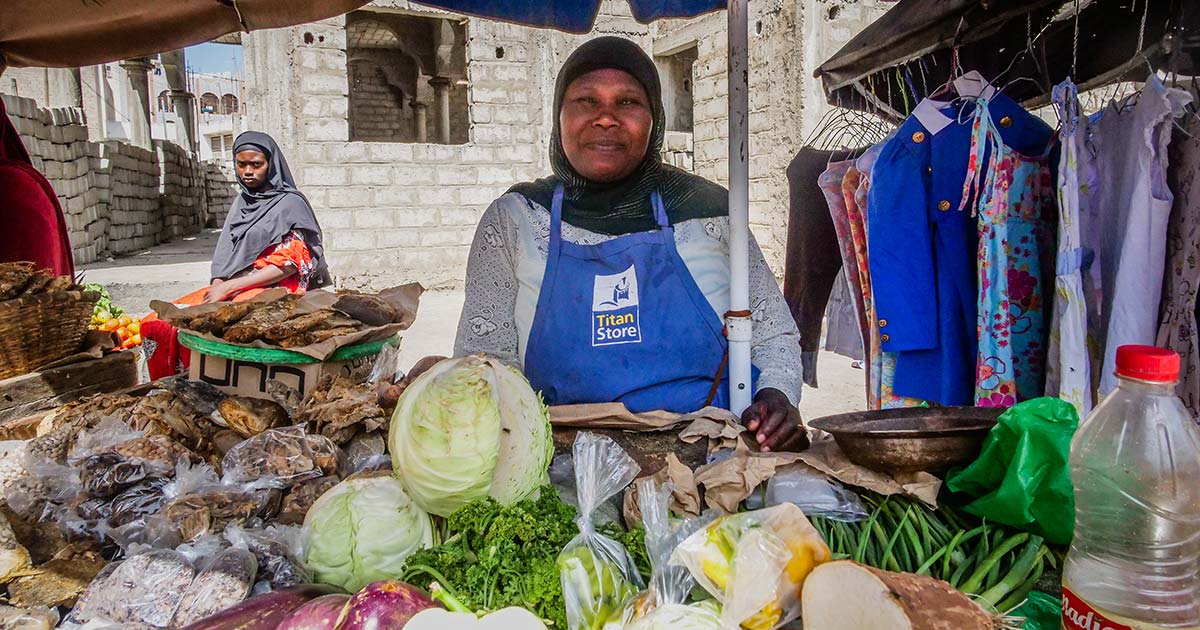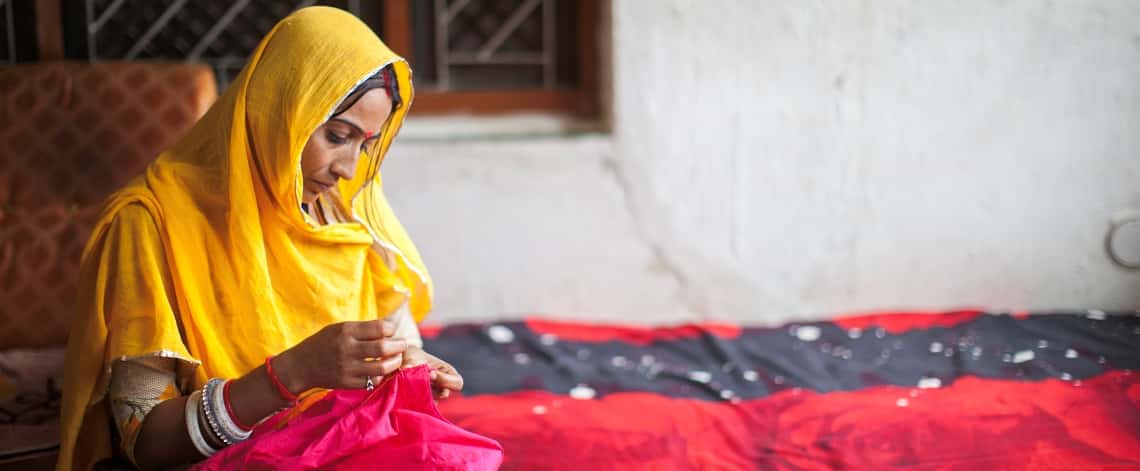A significant proportion of urban informal employment around the globe falls into these four occupations: domestic workers, home-based workers, street vendors and market traders, and waste pickers.
These are also occupational groups where women are often over-represented. Although working conditions and earnings vary, workers in informal employment have this in common: they aren’t recognized or adequately protected under labour laws, nor can they access employment benefits or protections.
Domestic Workers
Domestic workers are employed to provide services for households. There are over 76 million domestic workers in the world, most of them women. They provide a range of services: cleaning, cooking and caring for children, older people and disabled people; they also provide gardening, driving and security services.

Home-Based Workers
Home-based workers produce goods or services in or near their homes for local, national and global markets. There are over 260 million home-based workers in the world, most of them in Asia. They are present in many industries: stitching garments, weaving textiles, assembling micro-electronics, providing IT services and more.

Street Vendors
Street vendors sell goods and offer services in public spaces, including open-air spaces, transport junctions and construction sites. Market traders work in stalls or built markets on publicly or privately owned land. They offer everything from fresh vegetables, prepared foods, building materials and crafts, to auto repairs and haircuts.

Waste Pickers
Waste pickers make a living collecting, sorting, recycling and selling materials that someone else has thrown away. It is estimated that 20 million people worldwide make their living from recycling waste.

Garment Workers
Workers in the garment and textile industry work in various parts of the manufacturing process, often outside of factories. Homeworkers and home-based workers form a significant portion of the garment worker sector.

